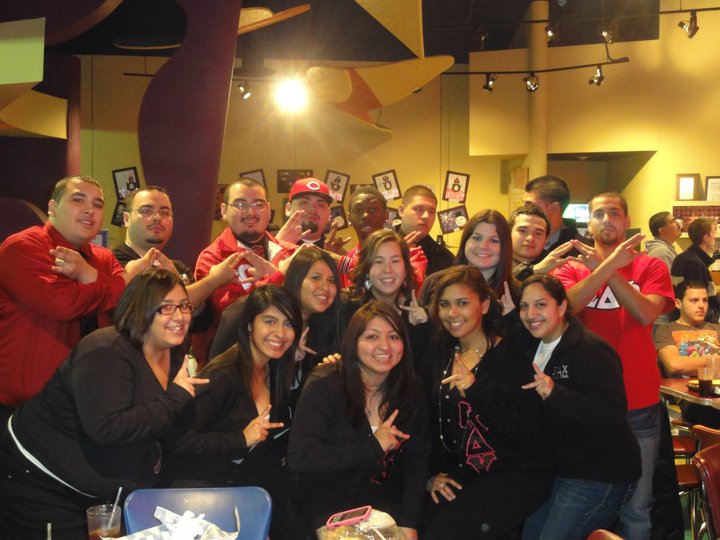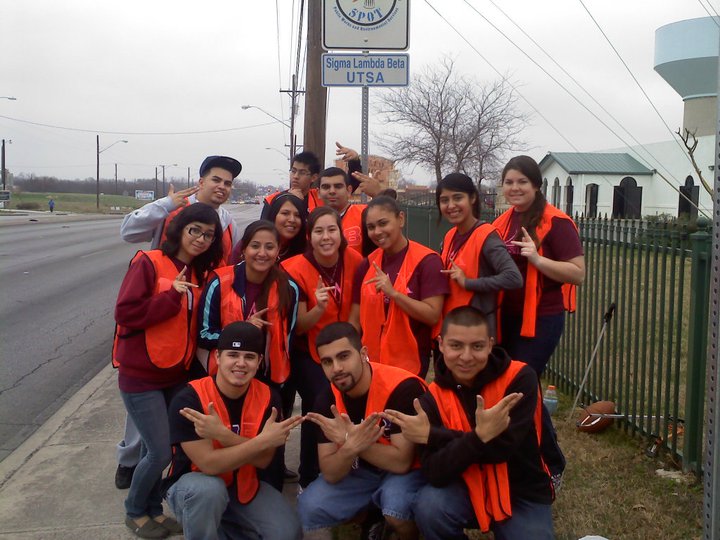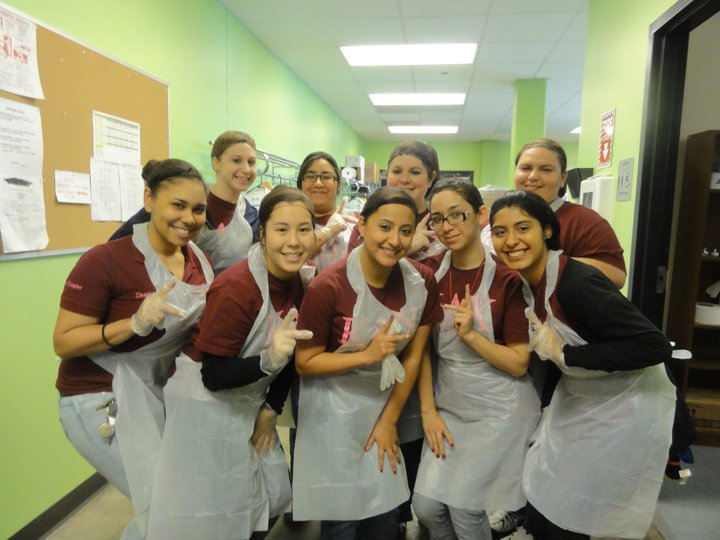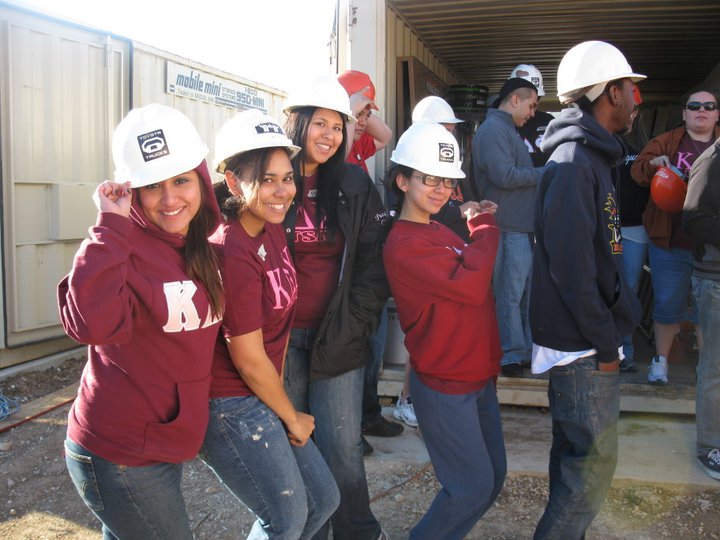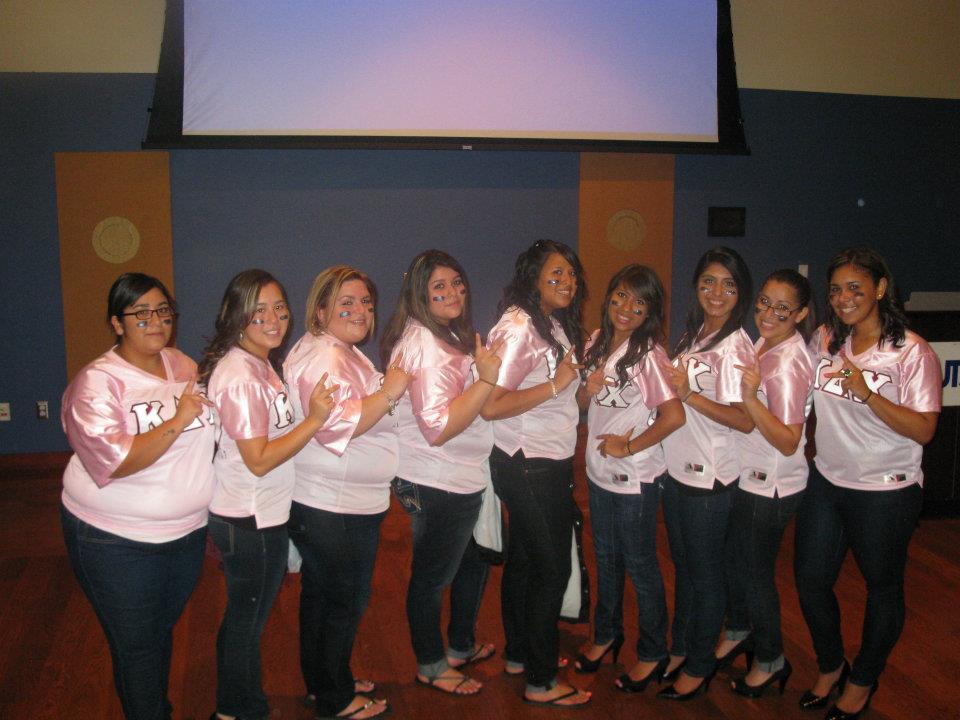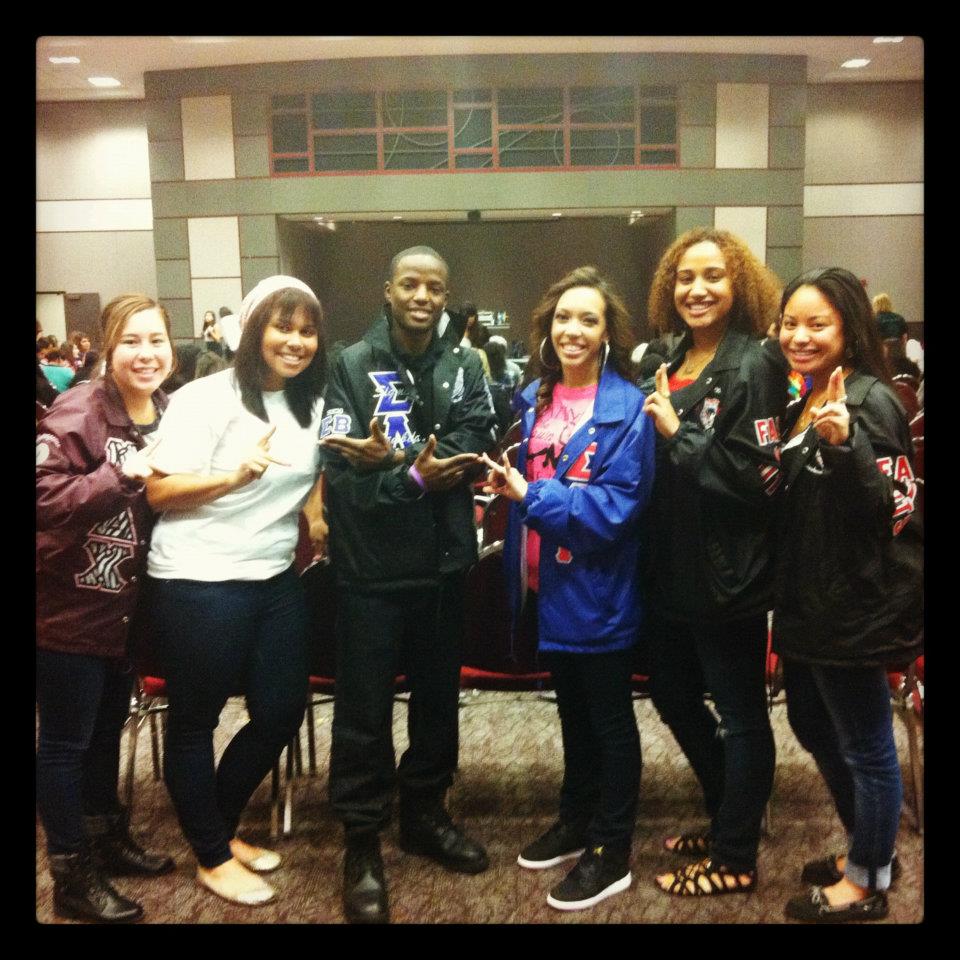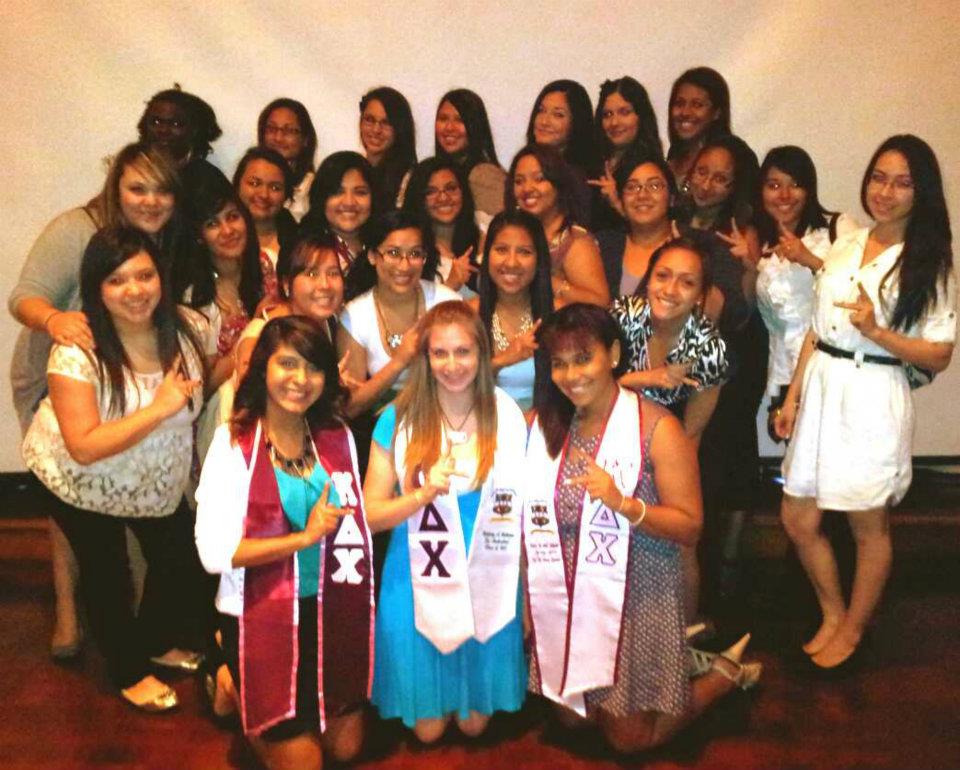Why choosing a Latina founded sorority doesn’t mean I chose a “side”
So I’m a sorority girl in the loosest sense of the term. I’m a proud member of the Greek community and have been since I was 18 years old (they got me early, what can I say?). I did not come from a Greek centric family or lineage in my household and to be frank my parents were pretty not on board for be joining the whole Greek universe. Granted with the popularity of media making vigilantes out of fraternity and sorority life that to the mainstream represents money, partying, and hazing, could you blame them?
However; when I was afforded the chance to learn and choose what organization I wanted to pledge my time and devotion to, I was given three options at UTSA (Hey Roadrunners) MGC (Multicultural Greek Council), PHC (PanHellenic Council) and NPHC (National PanHellenic Council/ The Divine 9). As much as I’d love to make this an education on the Greek system (that post will come later since the general public is very ill-advised in what Greek life looks like today), I wanted to discuss why I chose Kappa Delta Chi National Sorority Inc. Which is apart of (MGC) instead of going NPHC (historically African American organizations).
I was very bright eyed and bushy tailed to Greek life going in and was really surprised to know there was options for people like me. People of color, which movies and media rarely highlight in their portrayal of over the top houses with lavish vehicles and cute bedspreads (San Antonio has none of these btw). With the many options I had to ask myself what did I want in a sorority? What did I want for myself? I wanted sisterhood, friendship, community, and somewhere where I would be comfortable. One of the first people I met was my future Big Erica Proo who I got to interview for a class project (not Greek related) and noticed she was wearing a collared shirt with a sorority logo I hadn’t recognized.
At that point in my first semester of college I had been exposed through my friends to NPHC (Divine 9) only and wasn’t aware that Latina based organizations existed. I inquired about her organization and she invited me to meet more of her sisters later on that semester. Maritza Villegas, Samira Lopez, Erica, and their advisor made an impression on me that inspired me to get more involved on campus and choose a smaller, diverse, more intimate organization versus a larger one that may not foster growth culturally and individually, as I needed being a freshman. KDCHI was Latina founded, but I didn’t feel like I had to be an expert Latina or that was a culturally criteria to join. I felt welcomed and eager to be apart of an organization that promoted sisterhood, community service, and academics despite not being fully Latina.
Upon joining the organization in Spring 2009 I was not only welcomed into the sisterhood but Greek life in it’s entirety which despite my specific sorority membership promoted Greek unity and support collectively to be active students and members of the San Antonio community. UTSA Greek life worked to have communal events for the councils to interact with each other in professional, social, and service based settings so I was constantly fostering friendships and learning about what the other sororities and fraternities represented. I often got asked why I chose KDCHI when I could have gone Divine 9, and to be honest funds, accessibility played a large part in that. I have a profound respect for members of the NPHC and know culturally I would have had a different experience that would have still be beneficial for me as well as the academic, community service and sisterhood they are infamous for. One of the aspects that made me appreciate MGC and NPHC specifically in my 6+ years being in Greek life is that culture, diversity, and inclusion are factors engrained in the values and foundation of the organizations versus just being an aspect of membership.
Greek life gives you experiences you wouldn’t otherwise have and as I have always said your sorority/fraternity experience depends on what you do with it. You can be a person wearing letters or a member. KDCHI showed me how to lead and follow whether it was at a meeting, collaborating with another organization for an event or teaching fellow sisters a stroll or skit. I got to interact with sisters Nationwide who all had a common goal of graduating and making their college experience one of value serving their campus and community. The friendships I fostered extended beyond my letters and taught me tolerance of other people that went outside of UTSA when we got to travel and visit fellow Greeks for conferences in San Marcos, Austin, or Houston.
KDCHI taught me an appreciation for my Latina side I hadn’t explored growing up in Killeen and gave me insight into the world of growing up in traditional Hispanic household that I did not. I learned to have my pride in my Spanish; there is more than Selena to listen to (though we love her), the art of bachata, and respect for an underserved community seeking equality amongst their peers. I never felt like I chose a side of my multiracial self because I went Latina versus Black because I still made an effort to include aspects of my heritage into my sisterhood, which they were more than willing to learn and help me grow with. I never felt excluded or that I didn’t belong because I was only half or even because I didn’t speak Spanish perfectly. KDCHI changed my life and gave me a cultural pride in myself that I hadn’t experienced before. It’s one of the driving factors I have had in including bi-lingual characters in my writing and pushing myself to explore my biracial self, but also striving to promote cultural awareness to others.

